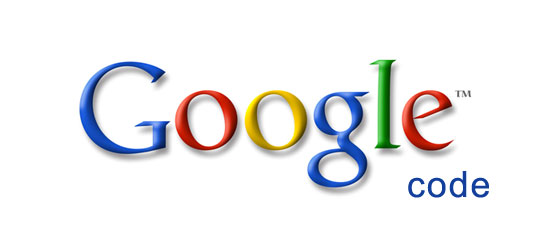Former Googler Michelle Lee nominated to lead US patent office

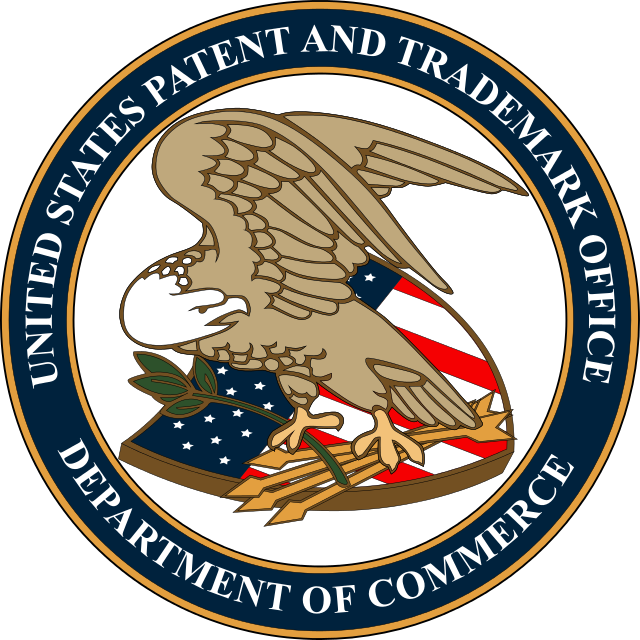
The Obama Administration recently nominated former Google patent counsel lead Michelle Lee to be the new director of the Patent and Trademark Office. The position has been vacant for nearly two years and Lee who has been occupying her time as the current deputy director of the USPTO is now pending Senate approval. The government has been working to reform the US patent process, which has been flooded with firms known as “patent trolls” that milk the system by purchasing old patents and filing frivolous lawsuits against other businesses.

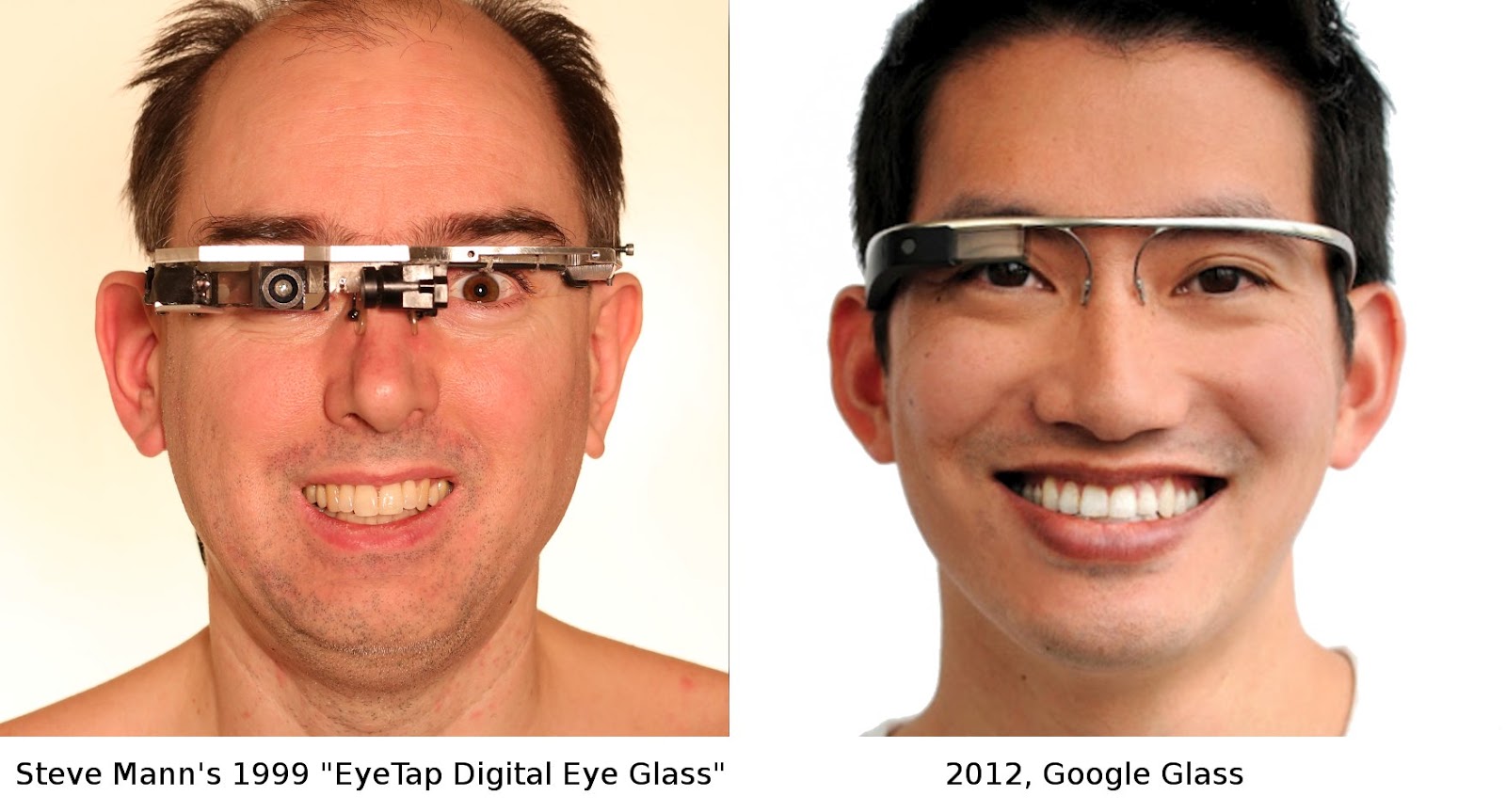
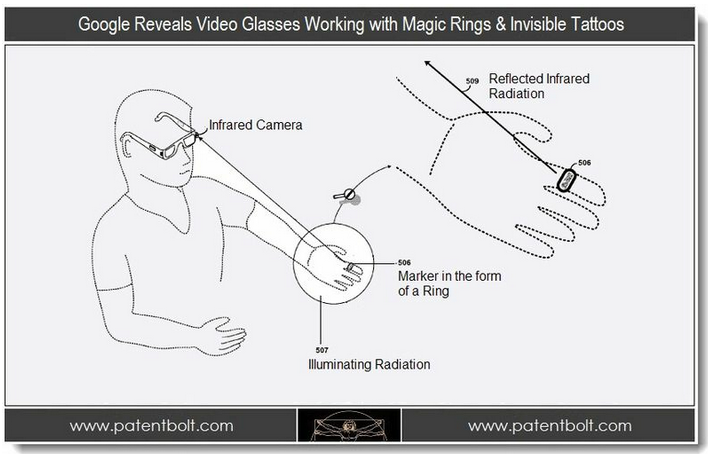
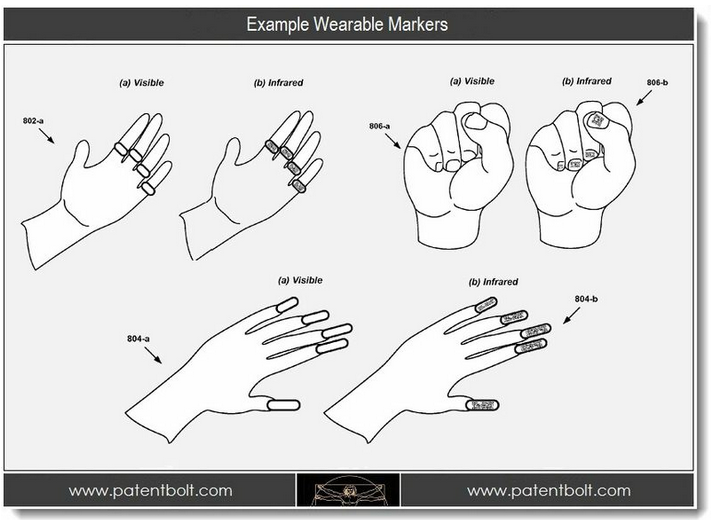 According to the report, the highlight of the patent is how Google’s glasses could work with hand gestures. The patent described various hand-wearable markers, such as a ring, invisible tattoo, or a woman’s fingernail, which could be detected by the glasses’ IR camera, to “track position and motion of the hand-wearable item within a FOV of the HMD.” In other words, the wearable marker, in whatever form factor, would allow the glasses to pick up hand gestures. The report also noted multiple markers could be used to perform complex gestures involving several fingers or both hands:
According to the report, the highlight of the patent is how Google’s glasses could work with hand gestures. The patent described various hand-wearable markers, such as a ring, invisible tattoo, or a woman’s fingernail, which could be detected by the glasses’ IR camera, to “track position and motion of the hand-wearable item within a FOV of the HMD.” In other words, the wearable marker, in whatever form factor, would allow the glasses to pick up hand gestures. The report also noted multiple markers could be used to perform complex gestures involving several fingers or both hands: